Development Road Project: 75 percent of final designs completed
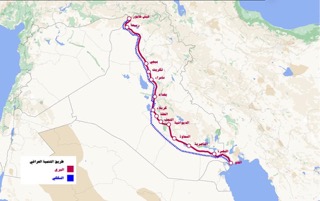 The director of the Development Road project at the Italian consulting firm (BTB), Wido Bonini, confirmed on Monday that the project connects Basra Governorate to the Turkish border via a railway and an international highway. He indicated that the project will provide 150,000 job opportunities and support the Iraqi economy. He pointed out that the project plan extends until 2050 and includes the establishment of economic and industrial cities within the Iraqi governorates. Bonini told the official agency, “The company has participated in the Development Road project since the beginning of the project study in 2023, when we started with our partners in the Iraqi Railways Authority to study the project.”
The director of the Development Road project at the Italian consulting firm (BTB), Wido Bonini, confirmed on Monday that the project connects Basra Governorate to the Turkish border via a railway and an international highway. He indicated that the project will provide 150,000 job opportunities and support the Iraqi economy. He pointed out that the project plan extends until 2050 and includes the establishment of economic and industrial cities within the Iraqi governorates. Bonini told the official agency, “The company has participated in the Development Road project since the beginning of the project study in 2023, when we started with our partners in the Iraqi Railways Authority to study the project.”
He added that “BTB studied the project and realized its importance to Iraq, not only internationally, as it connects the world, but also internally between the governorates.” He explained that “the company paid attention to the stations that will be built within the governorates, from Basra to Nasiriyah, Diwaniyah, Najaf, and Karbala, reaching Baghdad, Samarra, Tikrit, Baiji, and even Mosul.” He continued, “The company also paid great attention to the interior designs, not only for the transportation process from the port of Faw to outside Iraq. The attention did not only include international aspects but also Iraqi governorates.” He pointed out that “the project is not only a railway, but it will also be a highway connecting Umm Qasr to the northern region with the Turkish border for transporting goods.”
He also explained that “the company was concerned with the efficiency of the train in terms of transporting passengers and not just goods, as a study was prepared according to the highest international standards, so that the speed of the trains designated for transporting passengers would not be less than 300 kilometers per hour,” noting that “direct trains will cover the distance between Basra and Baghdad in about an hour and a half without stopping, while there will be other trains that stop in a number of governorates.”
He also explained that “the company submitted a complete study and designs to the Ministry of Transport, especially to the Railways Department for consultants for the group of projects. In addition, we have other contacts with partners who were appointed through the Ministry of Transport, including Oliver Wyman, with whom we are working, which will contribute to providing the best project that is thoroughly studied, so that it can be implemented without any problems.”
He also noted that “several countries have expressed interest in the project, most notably Turkey, as it is the country that has a direct connection to the development route, in addition to Gulf countries including Qatar, the UAE and the Sultanate of Oman, who have expressed their desire to be an active part of the project. We also expect the Kingdom of Saudi Arabia to join later after the studies are completed.”
He also pointed out that “the project is in its first phase a freight transport, railway and (highway) project and a railway link with Turkey, but the state’s future plan includes establishing development projects, factories and plants along the road in all governorates, in accordance with the nature of each governorate. For example, in Basra Governorate there will be oil factories and petrochemical plants.”
He added, “There will be factories in the holy governorates of Karbala and Najaf, most of them specializing in agriculture, such as a canning company or others, and this study will be part of the project’s establishment process,” explaining that “the project will provide between 100,000 and 150,000 job opportunities and contribute to revitalizing the national economy.”
He continued, saying that “the project in its second phase will focus on building factories, plants and economic cities,” explaining that “these economic projects will come in sequence according to the plan that will extend for about 25 years, starting from 2025 until 2050.”
He confirmed that “the company has so far completed between 70 and 75 percent of the final designs, studies and practical application on site, while it is expected to complete the remaining 25 percent during the next three months to deliver it to the Ministry of Transport by the end of this year.”
Bonini concluded by saying: “The ministry intends to launch a global platform for submitting bids and studies to international companies for the implementation work after receiving all the final designs, surveys, detailed geological work, and designs for the project, which extended over two years.”
Burathanews.com
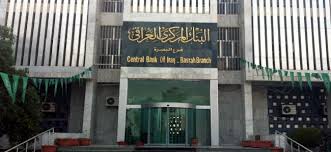 The Central Bank denied on Tuesday (November 11, 2025) rumors of the dinar’s decline, stressing that they were untrue and were not issued by any official body.
The Central Bank denied on Tuesday (November 11, 2025) rumors of the dinar’s decline, stressing that they were untrue and were not issued by any official body.
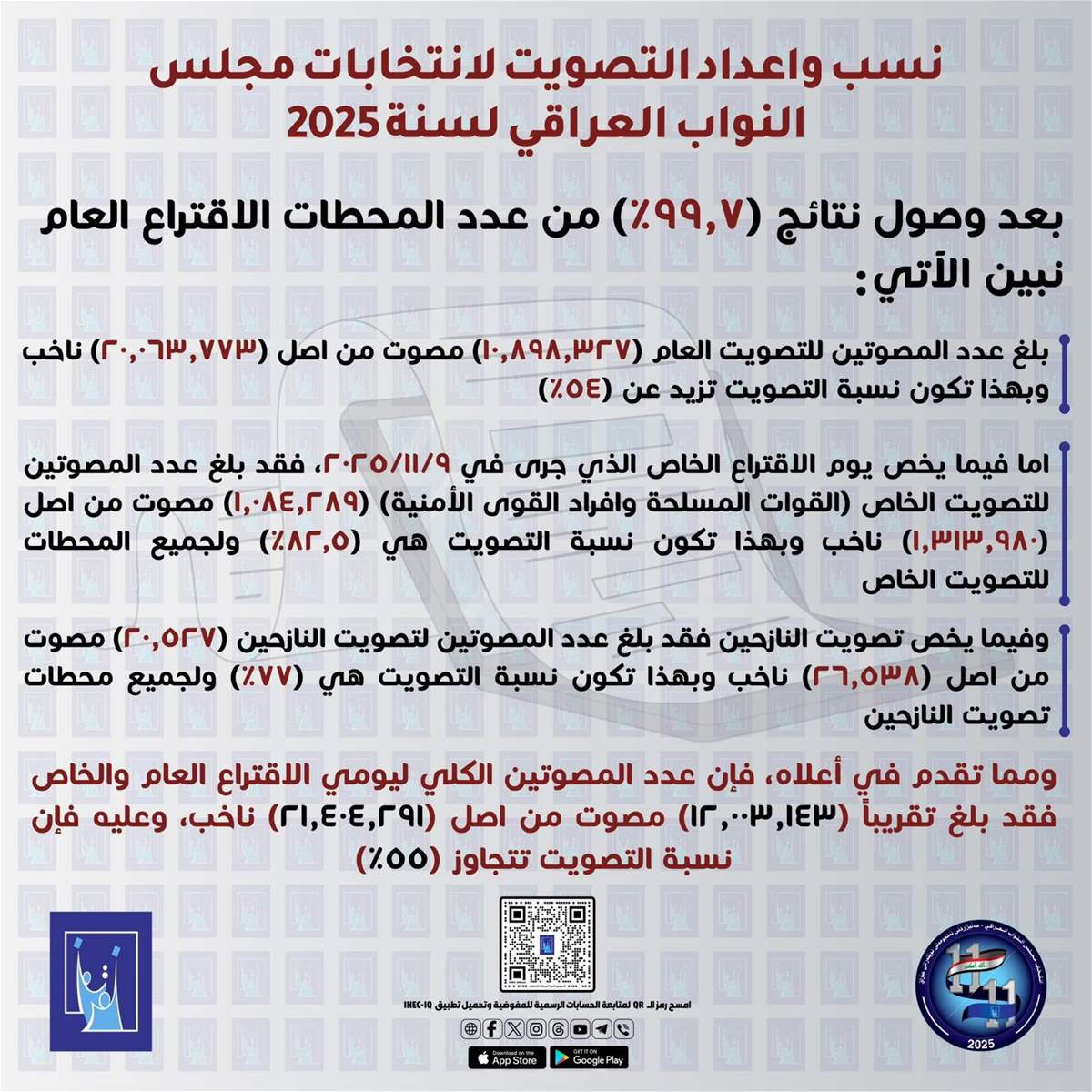 The Electoral Commission announced on Tuesday evening that voter turnout in the elections held that day reached 54%, noting that more than 12 million voters participated.
The Electoral Commission announced on Tuesday evening that voter turnout in the elections held that day reached 54%, noting that more than 12 million voters participated. A report by OilPrice.com on Monday confirmed that India is racing against time to replace Russian crude oil with Iraqi, American, and Emirati oil due to sanctions imposed by the United States, Britain, and other Western countries on Russian crude. The report, translated by the Information Agency, stated that “two Indian refineries purchased a total of 5 million barrels of crude oil from the United States, Iraq, and the UAE on the spot market, seeking alternatives to Russian crude.”
A report by OilPrice.com on Monday confirmed that India is racing against time to replace Russian crude oil with Iraqi, American, and Emirati oil due to sanctions imposed by the United States, Britain, and other Western countries on Russian crude. The report, translated by the Information Agency, stated that “two Indian refineries purchased a total of 5 million barrels of crude oil from the United States, Iraq, and the UAE on the spot market, seeking alternatives to Russian crude.”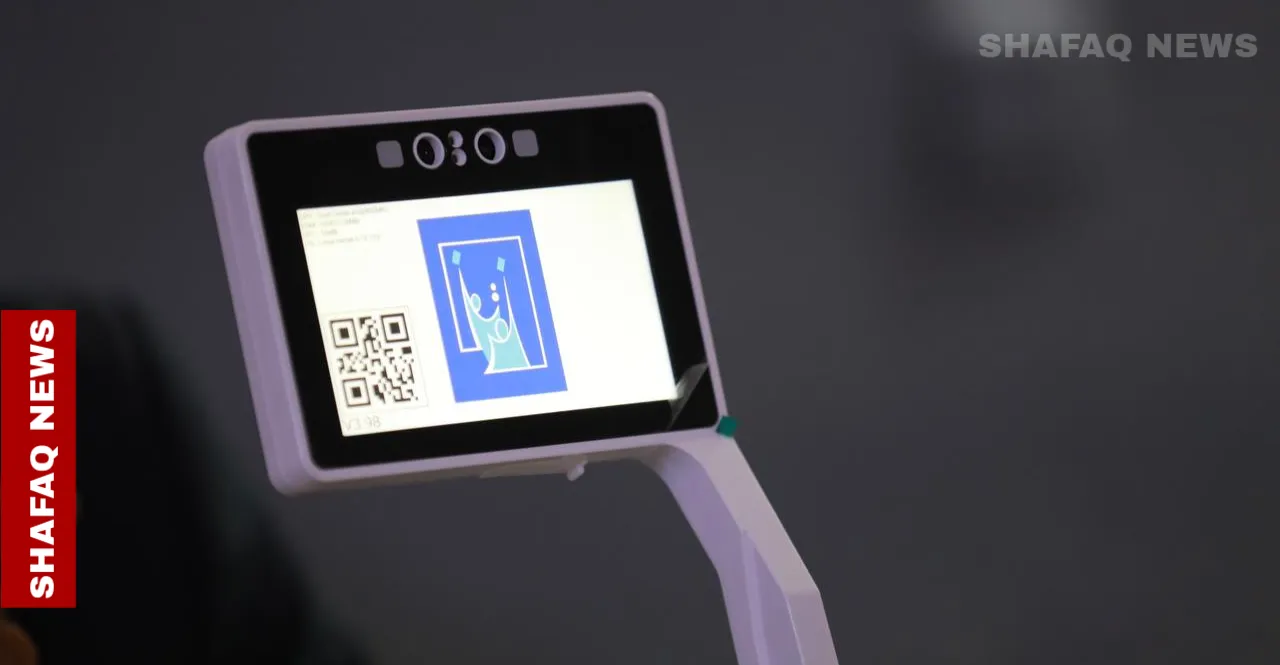 The Independent High Electoral Commission confirmed on Monday its full readiness for the general election day for the Iraqi House of Representatives elections on Tuesday.
The Independent High Electoral Commission confirmed on Monday its full readiness for the general election day for the Iraqi House of Representatives elections on Tuesday.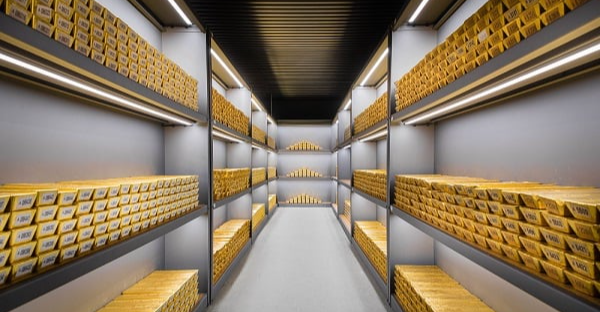 The World Gold Council announced on Monday that Iraq and nine other Arab countries possess approximately 1,500 tons of gold reserves in the world.
The World Gold Council announced on Monday that Iraq and nine other Arab countries possess approximately 1,500 tons of gold reserves in the world. The Solar Astronomy Laboratory of the Space Research Institute of the Russian Academy of Sciences reported that two clouds of solar plasma will cover the Earth this week, and moderate magnetic storms are expected.
The Solar Astronomy Laboratory of the Space Research Institute of the Russian Academy of Sciences reported that two clouds of solar plasma will cover the Earth this week, and moderate magnetic storms are expected.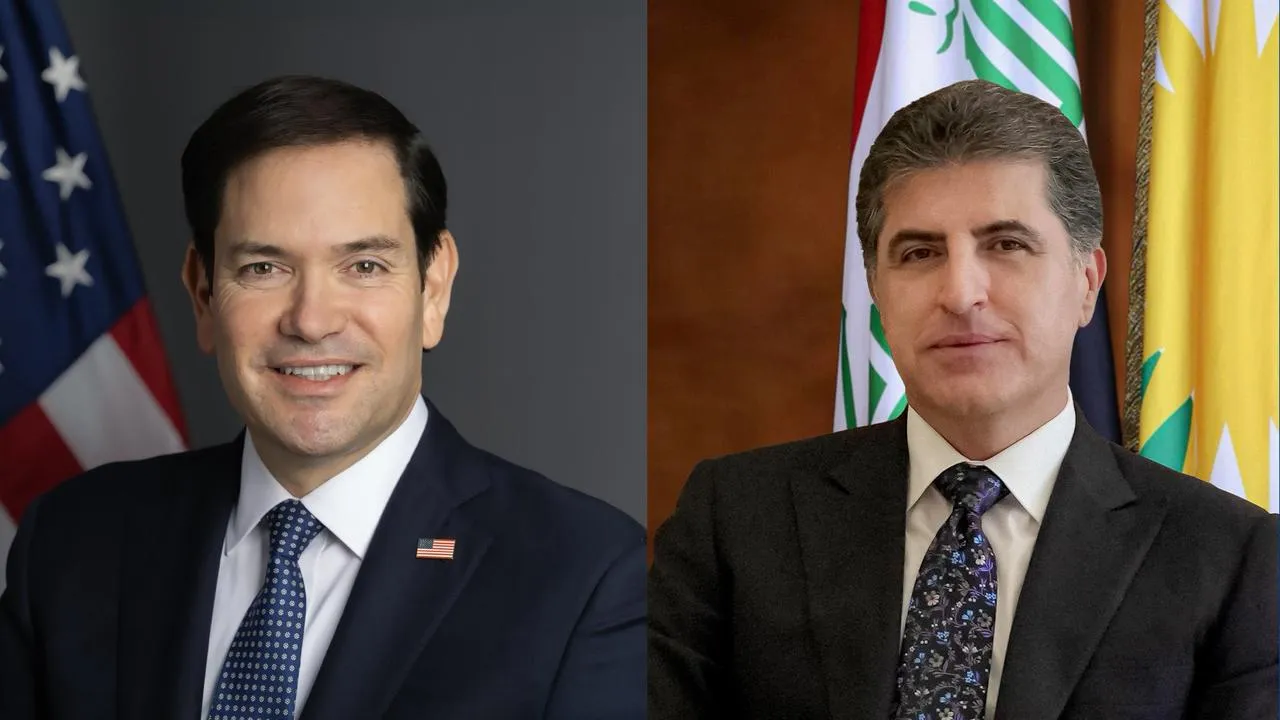 US Secretary of State Marco Rubio on Sunday praised the efforts of Kurdistan Region President Nechirvan Barzani in reopening Kurdistan’s oil export pipelines through Turkey, also appreciating his role in strengthening the partnership between the region and the United States.
US Secretary of State Marco Rubio on Sunday praised the efforts of Kurdistan Region President Nechirvan Barzani in reopening Kurdistan’s oil export pipelines through Turkey, also appreciating his role in strengthening the partnership between the region and the United States. USD-Iraqi dinarEconomic data indicated a clear decline in Iraq’s foreign reserves over three consecutive years, an indicator that deserves careful consideration.
USD-Iraqi dinarEconomic data indicated a clear decline in Iraq’s foreign reserves over three consecutive years, an indicator that deserves careful consideration.